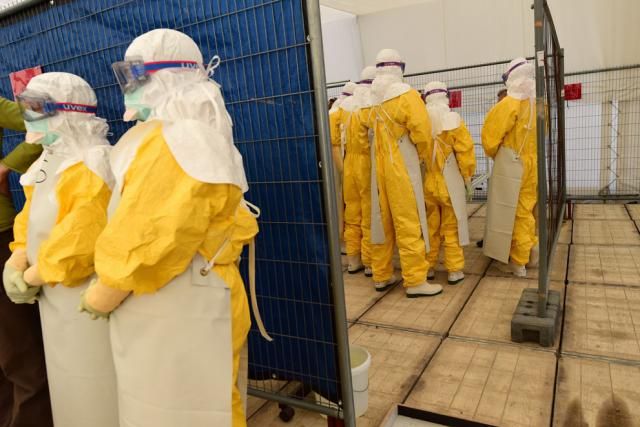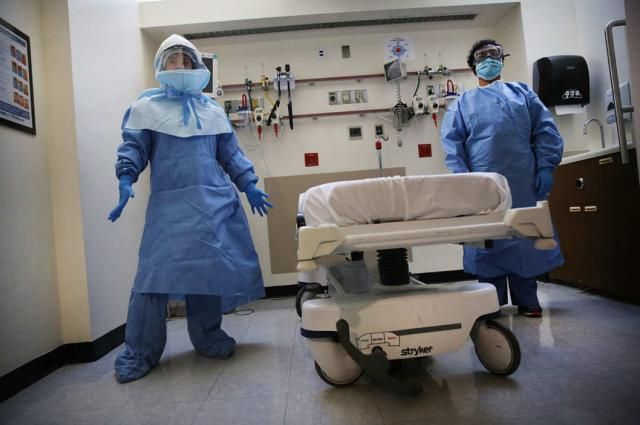“Punting the Pundits” is an Open Thread. It is a selection of editorials and opinions from around the news medium and the internet blogs. The intent is to provide a forum for your reactions and opinions, not just to the opinions presented, but to what ever you find important.
Thanks to ek hornbeck, click on the link and you can access all the past “Punting the Pundits”.
Follow us on Twitter @StarsHollowGzt
New York Times Editorial Board: Close the Overseas Torture Loophole
President Obama and the Convention Against Torture
One of the proudest moments of President Obama’s presidency took place on his second day in office, when he signed an executive order that banned torture and cruel treatment in the interrogation of terror suspects. [..]
The issue has come up because the United States is required to appear in Geneva next month before the United Nations committee that monitors compliance with the global Convention Against Torture, adopted in 1984 and ratified by the United States 10 years later. State Department lawyers want the administration to abandon the position of the George W. Bush administration and state plainly that it will not engage in torture or cruel treatment of prisoners anywhere in the world, including at detention camps on foreign soil.
But military and intelligence officials don’t want the administration to make that public statement. They’re worried that such a declaration could result in the prosecution of the Bush-era officials who did practice torture.
That fear seems misplaced. There should be legal accountability from those who tarnished the country’s reputation by ordering and practicing torture, but it’s hard to see how agreeing to a global ban on torture now would increase the chances for such a prosecution.
George Chidi: You might be a politician if … you tried to defund Ebola research, only to campaign on Ebola fear
It takes the perception of a crisis to make policymakers treat public health like a serious issue. Now that’s a tragedy
You are more likely to be struck by lightning this year (one in 960,000), killed by your dog (one in 11mn) or win the lottery than you are to die from Ebola.
Ebola is terrible. But three cases do not a national crisis make.
An election, however, is always a crisis. And the first rule of a political crisis is to look like you’re doing something.
Three weeks out from a US midterm election, Republicans and Democrats have both worked to make a political catastrophe for their opponents out of the western media’s hysteria in response to Ebola – which health experts believe could reach 10,000 new cases a week by December … in West Africa. [..]
Ebola is not coming to kill you – though the nonstop speculative hysteria about it on television might sting. The tragedy today is how it takes the perception of a crisis for policymakers to treat public health like a serious issue.
In 1963, only 156 of 15,000 eligible black voters in Selma, Alabama, were registered to vote. The federal government filed four lawsuits against the county registrars between 1963 and 1965, but the number of black registered voters only increased from 156 to 383 during that time. The law couldn’t keep up with the pace and intensity of voter suppression.
The Voting Rights Act ended the blight of voting discrimination in places like Selma by eliminating the literacy tests and poll taxes that prevented so many people from voting. The Selma of yesteryear is reminiscent of the current situation in Texas, where a voter ID law blocked by the federal courts as a discriminatory poll tax on two different occasions-under two different sections of the VRA-remains on the books. [..]
Then the Supreme Court gutted the VRA – ignoring the striking evidence of contemporary voting discrimination in places like Texas – which allowed the voter ID law to immediately go into effect. “Eric Holder can no longer deny #VoterID in #Texas after today’s #SCOTUS decision,” Texas Attorney General Greg Abbott tweeted minutes after the Shelby County v. Holder decision. States like Texas, with the worst history of voting abuses, no longer had to approve their voting changes with the federal government. Texas had lost more Section 5 lawsuits than any other state.
Steven W, Thrasher: The Whiteness Project will make you wince. Because white people can be rather awful
You’ve never seen privilege quite like this: ‘You can’t even talk about fried chicken or Kool-Aid without wondering if someone’s going to get offended’
White and black Americans see race from radically different perspectives, to the point that the white, world-saving New York Times columnist Nicholas Kristof has rung the alarm that “whites just don’t get it”. As someone who is half black and half white, I can certainly attest to the truth of that.
So I had misgivings about director Whitney Dow’s the Whiteness Project, the new interactive documentary launched over the weekend by POV. “I made this project for white people, not for people of color,” Dow told me on Tuesday, because “if white people are going to participate in changing the racial dynamic, we need to deal with our own shit first.” [..]
If the continued existence of white supremacy was the only thing Dow wanted to prove, he could’ve easily done so in his interviews. But he’s more interested in confronting the ways in which that supremacy plays out, even – or perhaps especially – in an economically decimated place in which segregation is both officially frowned upon and unofficially practiced. From the subject who proclaims “the white race is the one that is discriminated against anymore” to the woman who admits that “this country has been dominated by white male indoctrination”, Dow makes it hard to paint whiteness in broad strokes, and hard to dismiss racism as the anecdotal actions of a beleaguered few in the American south. He listens.
Once you start clicking through the interviews, it’s hard for viewers to stop listening – and it’s harder to dismiss what the Whiteness Project has to say.
Lee Fang: Mitch McConnell Will Say Anything for a Ham
In an election that could propel Senator Mitch McConnell to become Senate Majority Leader-a position that would give him wide sway over climate change policy, including influence over the Environmental Protection Agency-, the Kentucky politician declined to respond to a question earlier this month about whether he believes climate change is a real problem. “I’m not a scientist,” McConnell responded in an interview with the Cincinnati Enquirer‘s editorial board.
But earlier in his career, when McConnell played a pivotal role on behalf of the tobacco industry against increasing government regulation and taxes, the Republican leader believed he had enough scientific knowledge to question public-health officials. [..]
Seen through another prism, McConnell’s reply echoes the overriding concerns of his new campaign benefactors: the fossil-fuel industry. Peabody Energy and Alliance Resource Partners, two coals firms, now rank among McConnell’s top campaign donors. Other campaign outfits designed to boost McConnell’s election prospects are funded by oil and coal interests. Americans for Prosperity, the advocacy group backed by the oil and gas billionaire Koch brothers, set up a Kentucky chapter this year to boost get-out-the-vote efforts. Kentuckians for Strong Leadership, a SuperPAC set up to help McConnell’s campaign, also counts oil and coal companies as major donors.
Dave Zirin: Stop Surgical Violence Against Women Athletes – and Let Dutee Run!
Imagine if four female Olympic athletes from extremely poor countries were told that if they wanted to compete, they’d have to undergo a surgical procedure on their genitalia-with lifelong health repercussions-to lower their testosterone levels. Imagine if they were informed by ruling officials that unless they went under the knife, their athletic dreams would go up in smoke. Imagine if the doctors also subjected them to procedures that had nothing to do with their testosterone levels, but were aimed at “feminizing” them, including “a partial clitoridectomy, and gonadectomy, followed by a deferred feminizing vaginoplasty.” This is not the plot of a new sports book by Margaret Atwood. This is an all all – too – true tale from the 2012 London Olympics.
Surgical violence of this kind is perpetrated against women with naturally high levels of testosterone, referred to in the medical world as “hyperandrogenism.” In other words, women, because of what their body naturally produces, are deemed to no longer be women. Instead, in the eyes of the ruling international bodies in sports, they are aberrations in need of correction. What’s not clear in any of these cases is whether these doctors revealed that this surgery can also lead to sterility, loss of sexual sensation and lifelong risks to their health.



Recent Comments